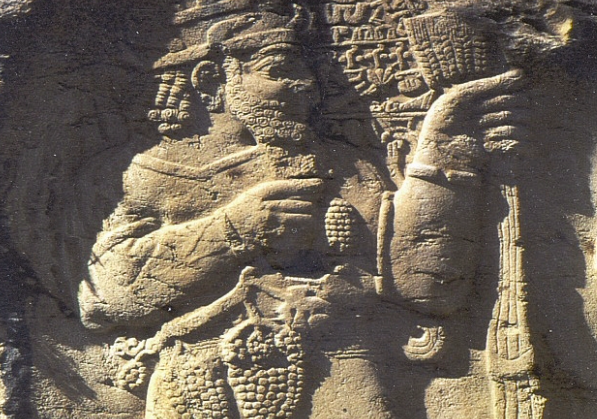Bridging western Asia and eastern Europe, Turkey stands as one of the world’s oldest wine countries, with a diverse gene pool of grapes boasting over 600 indigenous varieties. Turkey’s winemaking tradition is deeply rooted in history, with archaeological evidence suggesting a legacy that spans over 7,000 years. The Hattians and Hittites, early inhabitants of the fertile Anatolia region, were among the pioneering winemakers who crafted their elixirs from indigenous grape varieties, laying the foundation for a cultural and viticultural heritage that endured through empires and civilizations. As empires rose and fell throughout the region, they played crucial roles in shaping Anatolia’s winemaking landscape, introducing new grape varieties and refining the art of winemaking. The Ottoman Empire, spanning some 700 years, saw the continuation of winemaking, often carried out by non-Muslim communities, including those of Greek and Armenian descent. However, political instability in the 20th century disrupted the industry until the 1980s, when the liberalization of the Turkish economy sparked a revival and modernization of the wine industry. Today, with a history dating back millennia, Turkey’s contemporary wine culture continues to evolve, inviting enthusiasts to explore its distinctive indigenous grapes, growing regions, and the complex economic, cultural, and sociopolitical histories that have shaped this fascinating aspect of Turkish heritage.


